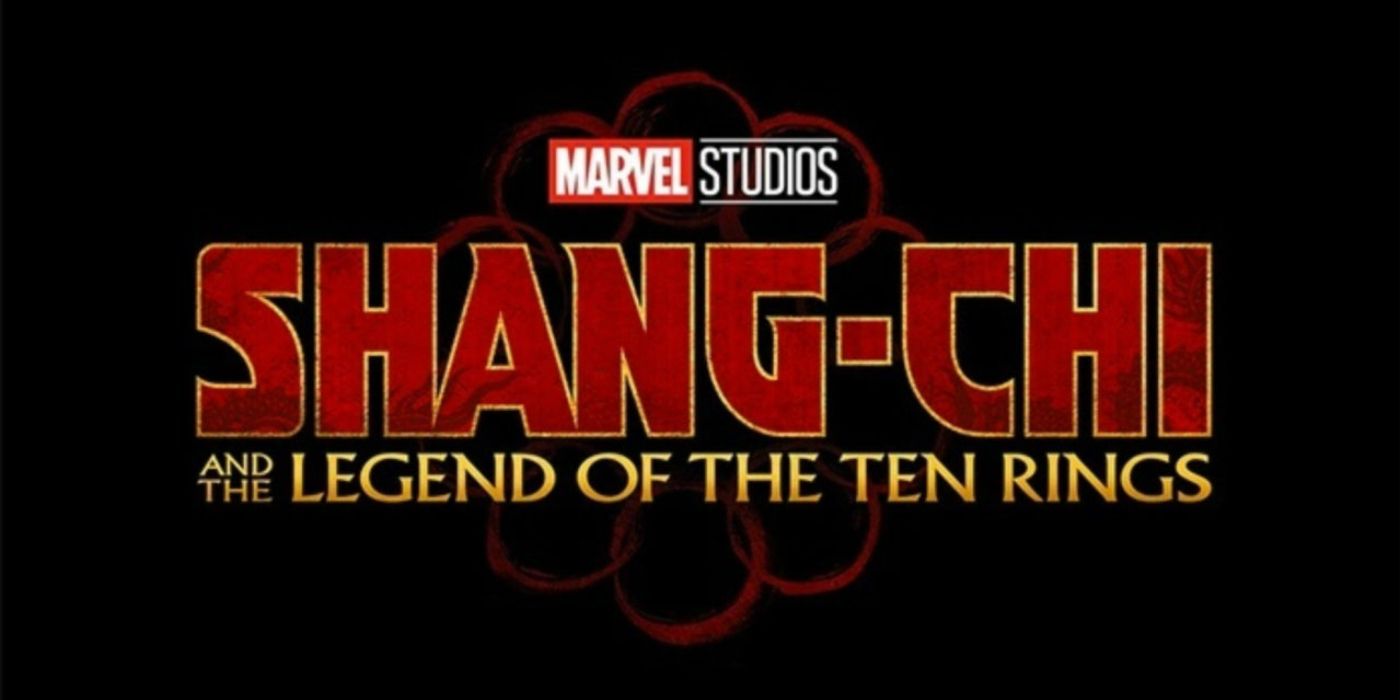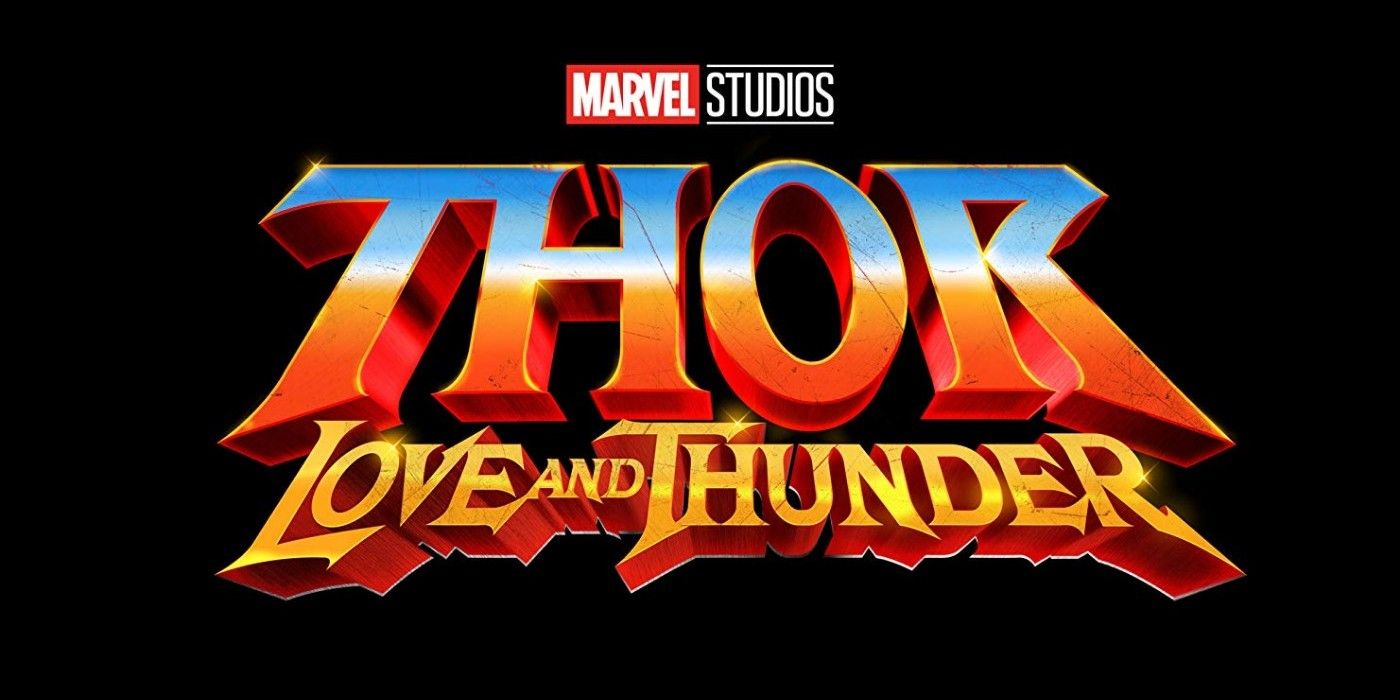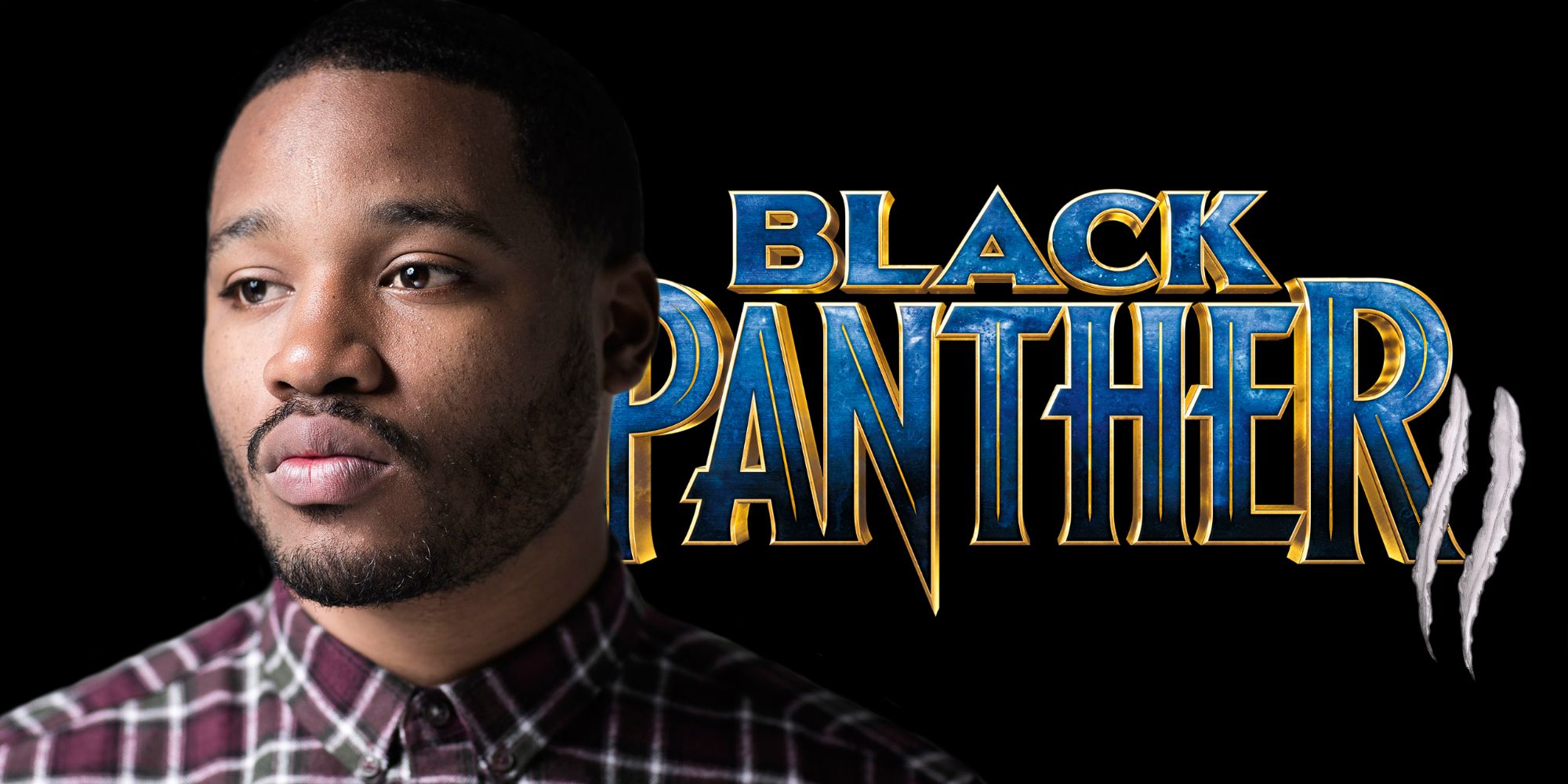Marvel has revealed the MCU's Phase 4 slate, but what would it have looked like if Disney hadn't fired James Gunn last year? Phase 4 of the MCU will last only two years, running from 2020-2021, with five movies set to be released in that time, and despite Gunn's return there's no place yet for Guardians of the Galaxy 3.
That's a major difference to the original plan, since Guardians of the Galaxy 3 was expected to launch Phase 4 in 2020. Gunn was fired in July 2018 after a number of his old, offensive tweets came to light, which significantly altered Marvel Studios' thinking. Luckily for Marvel, they'd ever officially announced any Phase 4 movies, meaning it was easier to shift things around. However, we can still look at the release dates they had penciled in and what movies were in development to see what Phase 4 looked like before James Gunn was fired:
- Guardians Of The Galaxy 3 - May 1, 2020
- Black Widow - July 31, 2020
- Shang-Chi - November 6, 2020
- Black Panther 2 - February 12, 2021
- Doctor Strange 2 - May 7, 2021
- Eternals - November 5, 2021
That's likely what the MCU's Phase 4 would've been had Gunn not been fired from Guardians of the Galaxy 3. Although he was subsequently rehired, it was too late for him to make the film for Phase 4, especially as he'd signed on to direct The Suicide Squad, but beyond just release dates we can dig a little deeper to see exactly how and why things changed.
Three Movies In 2020
Since 2017, Marvel have been releasing three movies each year instead of the previous two-a-year model they started out with. This will be the case in 2021, but for 2020 they're going back to just the two release dates, and yet that wasn't always the plan. Way back in 2015, Marvel staked out three 2020 release dates, and while these were shuffled around slightly when Disney unveiled its schedule including 2021 and 2022 last year, it was still set to be three movies.
That makes a lot of sense, since it's clearly a winning formula for the MCU. Guardians of the Galaxy 2 was released in the April/May slot that Marvel usually reserves for its biggest movie of any given year, so it was logical that Guardians of the Galaxy 3 would take that space. Black Widow, then, likely would've arrived in the July release date, which fits with the movie being in development for quite some time, and then there would've been a new franchise launched in November. The May and November dates have remained, but in October 2018 Marvel dropped the July 2020 release date from its schedule. That was long after Gunn was fired, meaning the decision to have only two MCU movies in 2020 was a direct result of that.
Shang-Chi In 2021 Instead Of Eternals
A Shang-Chi movie was first reported to be in the works at Marvel Studios in December 2018, but it's a project that's been rumored in various guises for a long time now, and Marvel will have been planning it well before those initial reports surfaced. Marvel's M.O. since switching to three movies a year, and even more clearly the focus for Phase 4, is to have a cosmic movie, an Earthly one, and a new franchise (although that can fit into either of the other two). Looking at the original plans for 2020, the MCU's Phase 4 already had a big cosmic adventure in Guardians of the Galaxy 3, and that and Black Widow were both continuations of existing characters.
That means Marvel were more likely to release Shang-Chi in the November 6, 2020 slot than they were Eternals. It ticks the box of introducing a new potential franchise, while Guardians of the Galaxy 3 had the cosmic side of the MCU covered. Shang-Chi isn't as effects-heavy a movie either, since it's based around martial arts and is very much Earthbound, which would've meant a quicker turnaround time for that November slot, and it would've been something very different to the other two offerings, whereas Eternals could've clashed with Guardians of the Galaxy 3.
Cosmic Shuffling Moves Thor 4 Earlier
Thor: Love and Thunder is now slated to round-out Phase 4 in November 2021, but had Guardians of the Galaxy 3 not been delayed then it's likely Thor 4 wouldn't have arrived until 2022. The end of Avengers: Endgame leaves Thor with the Guardians, and that's clearly setup for Guardians of the Galaxy 3 to be released before Thor 4, which was the plan when Avengers: Endgame was being written and filmed.
The delay of Guardians of the Galaxy 3, however, meant there needed to be some cosmic shuffling in the MCU's slate. Without Guardians 3, 2020 was in need of a cosmic movie, and so Eternals was pushed forward by a year, going from November 2021 to November 2020. Feige first revealed Eternals in April 2018, before Gunn's firing, but the project gathered pace after he was dismissed by Disney, meaning it could be bumped up.
With Eternals leaving 2021 behind, it then left that year in need of a cosmic MCU release. It was likely too soon for Captain Marvel 2, since the first had only hit in 2019, but Thor 4 was an easier one to speed up the development of. Taika Waititi had been in talks with Marvel for a while anyway, a lot of the cast was in place, and there was a demand to see more of Thor after Thor: Ragnarok and then Avengers: Infinity War and Avengers: Endgame.
Black Panther 2 Gets Pushed Back A Year
Black Panther 2 was only very quickly mentioned at the end of Marvel's San Diego Comic-Con panel, with Kevin Feige merely stating that he didn't have time to talk about the project. Although that confirms it is indeed happening, that's long been a given anyway, and it's curious that a sequel is taking so long to come together given the success of the first Black Panther. Although not a hard-and-fast rule, Marvel has typically released its MCU sequels three years apart: Iron Man 3, Captain America: The Winter Soldier, Guardians of the Galaxy 2, Ant-Man and the Wasp, and both Avengers: Age of Ultron and Avengers: Infinity War fit this pattern.
When Marvel staked out three release dates in 2021, it seemed likely one would be for Black Panther 2. When one of those release dates was then brought forward to February of that year, the same month Black Panther released in and where it made well over $1 billion, then it appeared a sure thing. That would've worked well with the original plan, because Black Panther 2 would've been followed by Doctor Strange 2 and then Eternals, with the latter both new and cosmic. But after Guardians of the Galaxy 3 was delayed, it meant Eternals moving up, and then Thor 4 taking its November 2021 slot.
That would've meant 2021 was all MCU sequels - Doctor Strange 2 has seemingly been the lone constant in this, which perhaps highlights its greater importance to the MCU going forward - and so Shang-Chi and the Legend of the Ten Rings ended up taking Black Panther 2's February 2021 release slot. That delays Black Panther 2 by a year, which isn't unfeasible, and allows Marvel to continue their release model in 2022 with Black Panther 2, Captain Marvel 2, and Blade the likely releases, fitting the trend of two sequels and one new film, and a mix of Earth-set stories and cosmic adventures. Still, it almost certainly would've been part of Marvel's Phase 4 had James Gunn never been fired.










